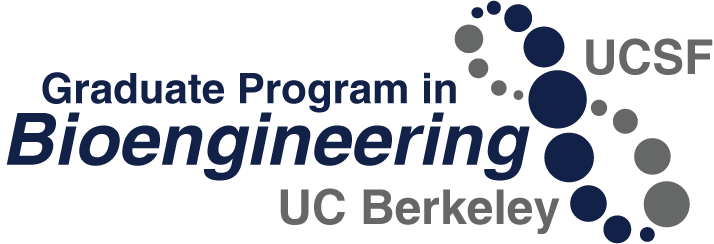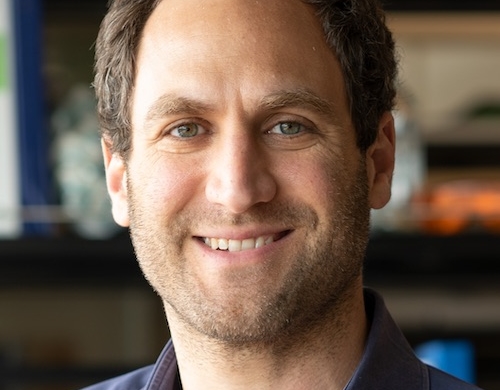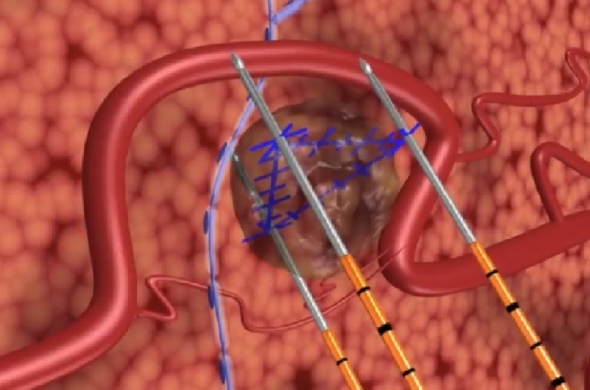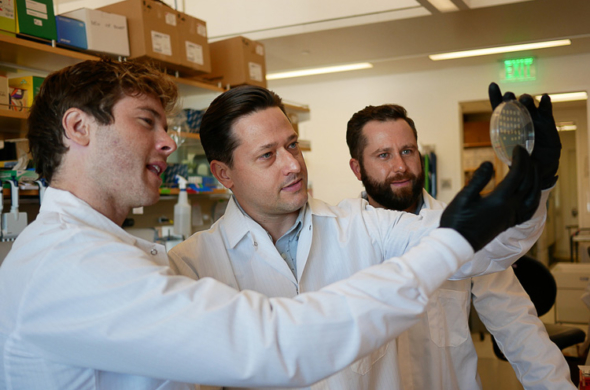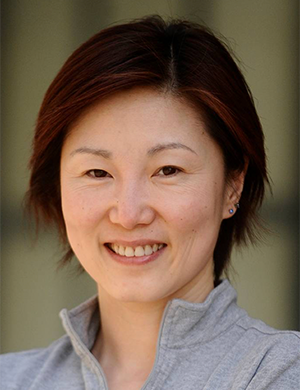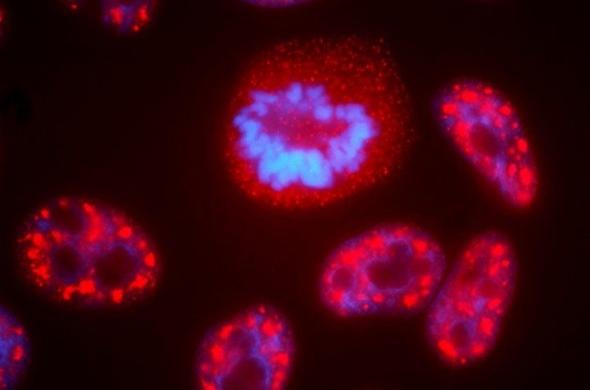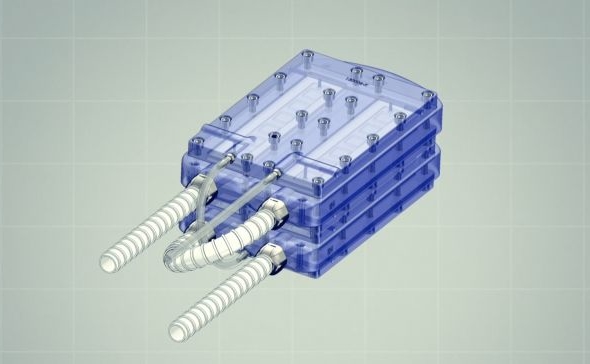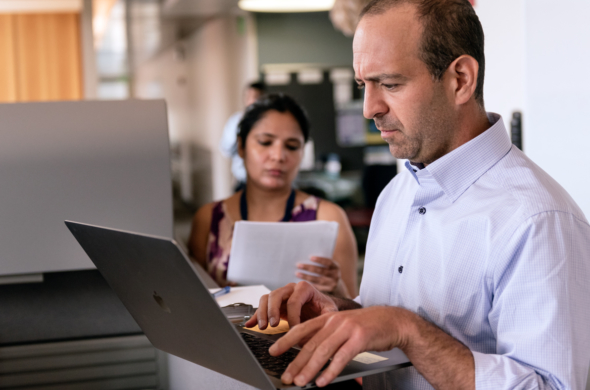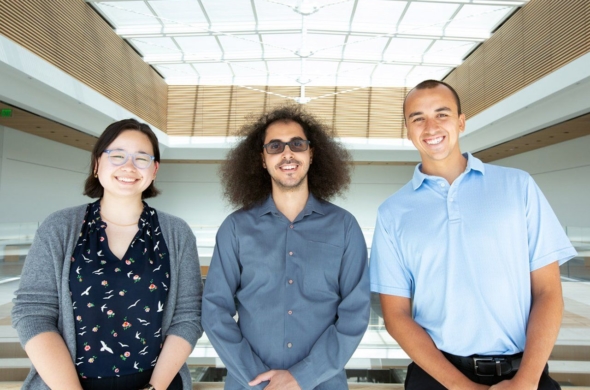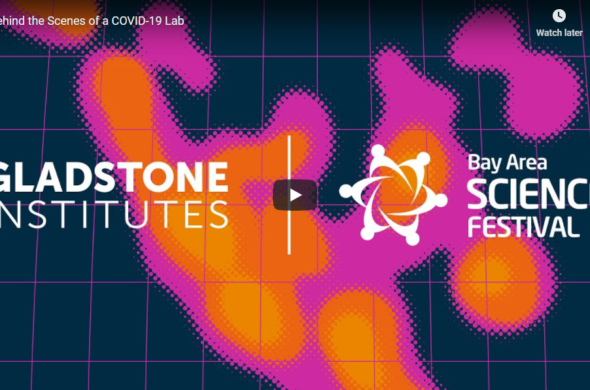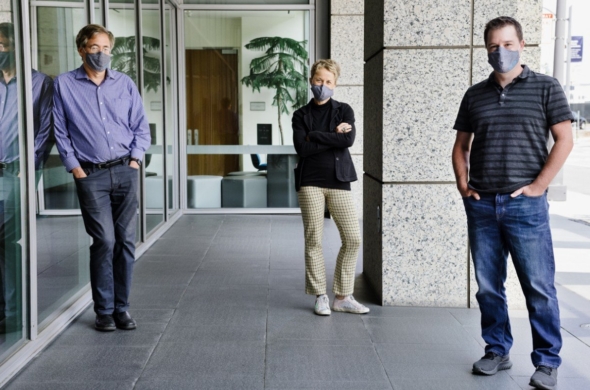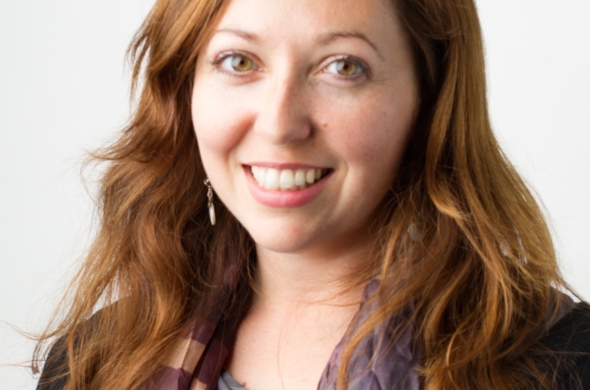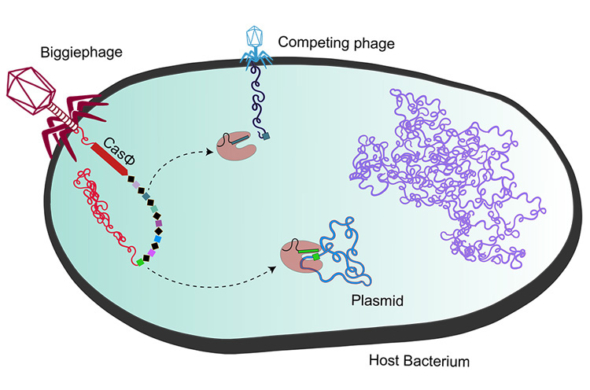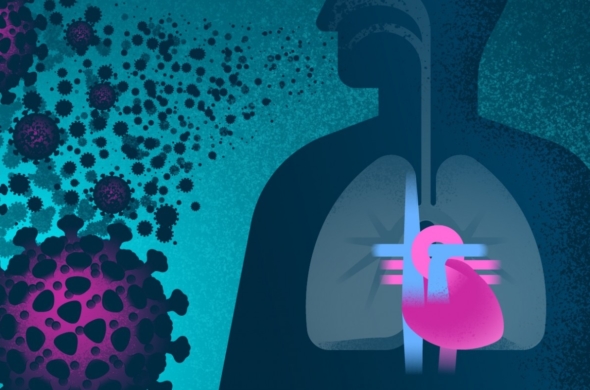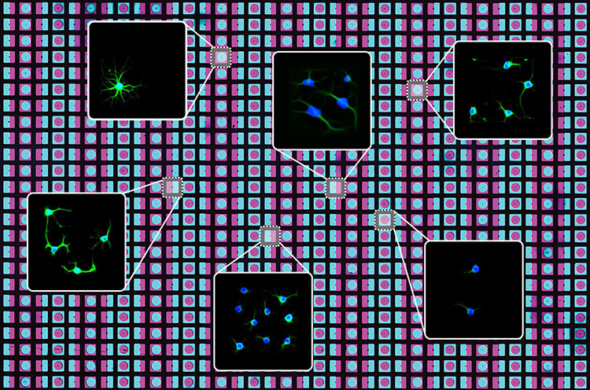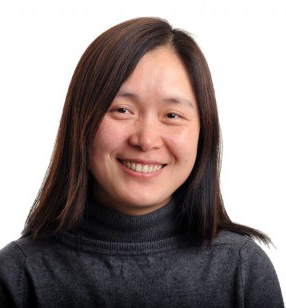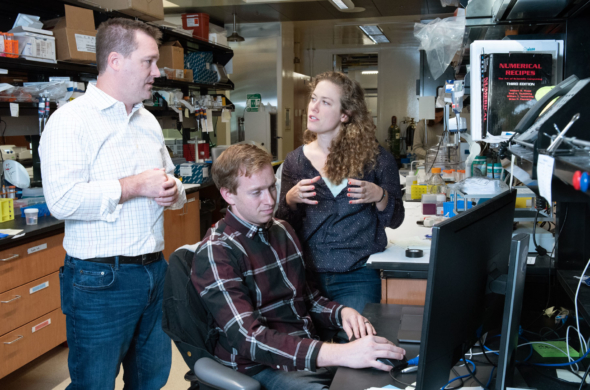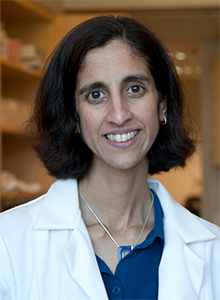A team of researchers led by Bioengineering graduate program faculty member Alex Marson has adapted a variation of the CRISPR system to test every gene in the genome and rapidly discover genes that can be “turned on” in human immune cells to enhance their functions. This new tool gives them a more thorough and rapid way to discover genes that play a role in immune cell biology than previously possible.
NHS begins use of BioE-pioneered Nanoknife
Non Thermal Irreversible Electroporation treatment, developed by Bioenginering and Mechanical Engineering professor Boris Rubinsky, is now the technology behind the Nanoknife. Licensed from Berkeley by AngioDynamics, the Nanoknife uses electric currents to quickly and easily reach remote tumors in prostate cancer. University College London Hospital was recently the first hospital to use the treatment in the […]
CRISPRing the microbiome is just around the corner
UC Berkeley scientists led by bioengineering graduate faculty members Jennifer Doudna and Jill Banfield have found a way to add or modify genes within a community of many different species simultaneously, opening the door to what could be called “community editing.”
Microbes provide sustainable hydrocarbons for petrochemical industry
Researchers from Berkeley professor Michelle Chang’s lab have engineered microbes to make hydrocarbon chains that can be deoxygenated more easily and using less energy — paving the way for more sustainable microbial production of petrochemicals.
2021 Highly Cited Researchers
This week four Bioengineering Graduate Program faculty were named to Clarivate’s (Web of Science) 2021 Highly Cited Researchers list: Jill Banfield, Jennifer Doudna, Jay Keasling, and Valerie Weaver.
Could liposomes be the unsung heroes of the pandemic?
In a new study, Lydia Sohn’s lab attached SARS-CoV-2 “spike” proteins to the surface of liposomes, creating lab-made mimics of the deadly virus which the researchers call “spike-liposomes.” These spike-lipsomes can be used to test the efficacy of neutralizing antibodies that could potentially be used to treat COVID-19 patients. BioE graduate student Thomas Carey is a co-author.
Rubinsky’s NanoKnife on the news
Irreversible Electroporation therapy, pioneered by Berkeley Prof Emeritus Boris Rubinsky, is not at work in the clinical world as the NanoKnife. Learn more from this newscast for Pancreatic Cancer Awareness Month.
New study of the brain’s circuitry will track Parkinson’s disease from its origins
Berkeley neuroscientist Yang Dan will help conduct an ambitious $9 million project exploring how the circuitry in the brain progressively goes awry in patients suffering from Parkinson’s disease. Dan brings her expertise as an acclaimed sleep scientist to an international team of investigators recently awarded the funding over the next three years by the Aligning Science Across Parkinson’s (ASAP) initiative.
How Cells Multitask: The Magic of Molecular Switches
Researchers led by Prof Tanja Koremme have glimpsed how protein molecular switches regulate a large number of different biological processes simultaneously, and the findings may shed light on how disease mutations operate.
The Kidney Project successfully tests a prototype bioartificial kidney
The Kidney Project, a nationwide collaboration led by Shuvo Roy, PhD of UC San Francisco and William Fissell, MD of Vanderbilt University Medical Center (VUMC), has been awarded KidneyX’s Phase 1 Artificial Kidney Prize for combining the two essential parts of its artificial kidney, the hemofilter and the bioreactor, and successfully implanting the smartphone-sized device for preclinical evaluation.
“Noisy” Gene Expression Plays Key Role in Development and May Help Improve Stem Cell Therapies
UCSF professor Leor Weinberger and his team discovered a fundamental mechanism that appears to speed the transformation of stem cells into other cell types.
From brain wave to words
Graduate program researchers at UC San Francisco have successfully developed a “speech neuroprosthesis” that has enabled a man with severe paralysis to communicate in sentences, translating signals from his brain to the vocal tract directly into words that appear as text on a screen. The work was conducted by Bioengineering group faculty Edward Chang and Karunesh Ganguly, PhD students Sean Metzger and Jessie Liu, alumni David Moses and Josh Chartier, and collaborators.
Behind the Scenes of a COVID-19 Lab
In this virtual lab tour, Gokul Ramadoss from the Conklin Lab, and Serah Kang, from the McDevitt Lab – two labs in the Bioengineering Graduate Program – talk about their recent study that highlights the effects of SARS-CoV-2 on the heart.
New Insights into How COVID-19 Causes Heart Damage
A new study led by graduate program faculty members Todd McDevitt and Bruce Conklin helps explain how SARS-CoV-2, the virus that causes COVID-19, inflicts damage on heart cells. The team’s findings, shared publicly on bioRxiv, show the virus’s unexpected effects on the structure of heart cells in the lab, as well as in heart tissue from COVID-19 patients.
Muller receives McKnight Technological Innovations in Neuroscience Award
UC Berkeley EECS Professor Rikky Muller, member of the graduate program, is one of three scholars to win 2020 McKnight Technological Innovations in Neuroscience Awards, recognizing projects with the ability to fundamentally change the way neuroscience research is conducted. Muller is designing and building a high-speed holographic projector that can project 3D light into the brain at neural speeds, many times faster than current projectors, and so manipulate thousands of optogenetically-controlled neurons with high precision.
Megaphages harbor mini-Cas proteins ideal for gene editing
Professor Jennifer Doudna and BioE PhD student Connor Tsuchida are among the team that discovered CasΦ (Cas-phi) proteins, which have advantages over current genome-editing tools when they must be delivered into cells to manipulate crop genes or cure human disease.
Protecting the Heart from COVID-19
Graduate program faculty member Todd McDevitt and collaborators at the Gladstone Institute are investigating how COVID-19 might damage the heart by asking two questions: How susceptible are the cells in the heart to infection by the virus, and what pharmaceuticals could be used to lessen damage to the heart or prevent the virus from infecting heart cells altogether?
New technique ‘prints’ cells to create diverse biological environments
With the help of photolithography and programmable DNA, researchers have created a new technique that can rapidly print two-dimensional arrays of cells and proteins that mimic a wide variety of cellular environments in the body. The work was led by recent BioE PhD Olivia Scheideler with graduate group faculty Lydia Sohn and David Schaffer, plus BioE PhD Andrew Bremer and current BioE student Roberto Falcón-Banchs, among others.
High-speed microscope captures fleeting brain signals
UC Berkeley professor and BioE Graduate Program member Na Ji and collaborators have built a microscope that can image the brain of an alert mouse 1,000 times a second, recording for the first time the passage of millisecond electrical pulses through neurons.
Machine, Meet Stem Cells
Professor Todd McDevitt, with colleagues at Gladstone Institutes and Boston University, have used a computational model to learn how to coax stem cells into forming new arrangements, including those that might eventually be useful in generating personalized organs.
Therapy could improve, prolong sight
Research from the lab of UC Berkeley Professor Richard Kramer, Bioengineering Graduate Program faculty member, could help prolong useful vision and delay total blindness in those suffering vision loss. Rather than a cure for their underlying disease, this treatment works by reducing the noise generated by nerve cells in the eye to should bring images more sharply into view for people with some types of retinal degeneration, including age-related macular degeneration.
UCSF receives record NIH funding
UC San Francisco was the top public recipient of funding from the National Institutes of Health (NIH) in 2018, the 12th year in a row that UCSF claimed the top spot among public institutions, and the eighth straight year in which the University ranked second overall among institutions nationwide.
Tejal Desai Named Director of UCSF Health Innovation Via Engineering Program
The Health Innovation Via Engineering (HIVE) program will drive connections and collaborations with faculty members in UCSF’s schools of Dentistry, Medicine, Nursing and Pharmacy to address unsolved challenges at the intersection of engineering and health.
CRISPR diversifies: Cut, paste, on, off, and now– evolve!
Researchers led by BioE PhD student Shakked Halperin, working in the laboratories of David Schaffer and John Dueber at UC Berkeley, have described yet another creative application for CRISPR: a platform to spur evolution of specific genes inside cells.
